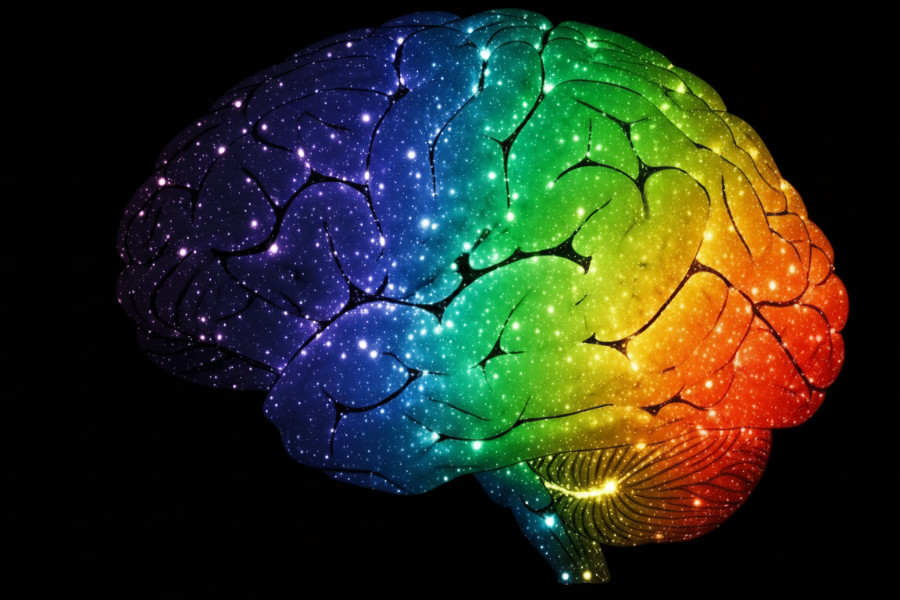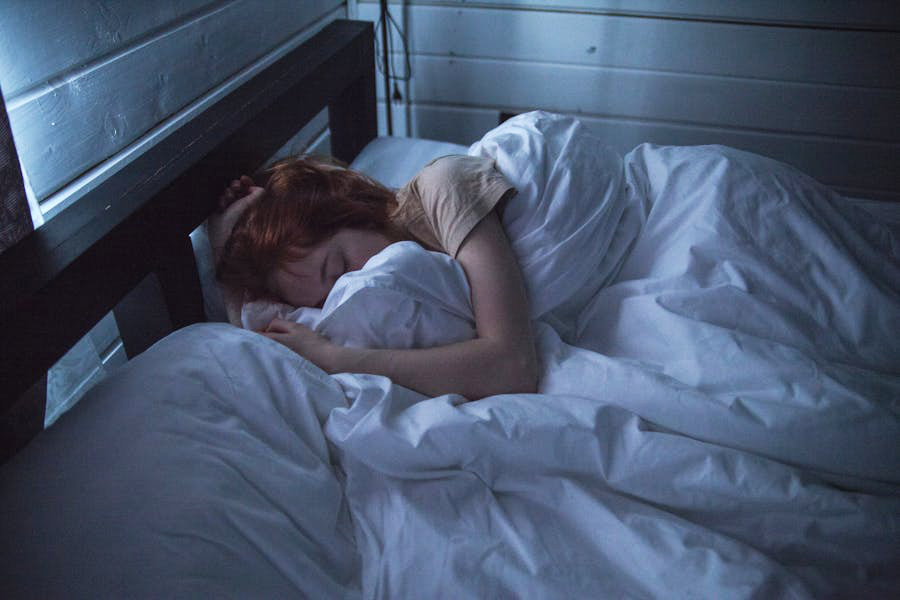Sleep feels like an on-off switch—you're either awake or asleep. But the brain doesn't flip that switch cleanly. Scientists studying the gray zone between these states are discovering unexpected boundaries, and these murky transitions may unlock answers ...
Category: Sleep
A recent study reveals that sleeping nine or more hours each night might negatively impact brain function. For people with depression, this risk of cognitive decline is even more pronounced, highlighting another way sleep can affect mental health.
Why ...
While you're sleeping, your brain goes into deep-cleaning mode. Imagine tiny molecular janitors sweeping through your brain's pathways, removing the day's metabolic waste. Scientists have now captured actual images of this nightly brain maintenance, ...
Do you occasionally struggle to quiet your mind when trying to fall asleep? Scientists now point to a tiny brain region—the locus coeruleus, or “blue dot”—as the hidden conductor of your sleep cycle. Understanding it could help you shut off mental ...
Imagine drifting off to sleep, only to be greeted by soothing whispers that relax your mind and slow your heart rate, leading to deeper, more restorative sleep. Sounds fantastical? It's not.
A new study reveals that even in the depths of sleep, ...
Getting quality shuteye may do more than leave you feeling refreshed. New research suggests deep, slow-wave sleep could be vital for preventing cognitive decline.
The findings suggest deep sleep is a potential modifiable factor for lowering ...








